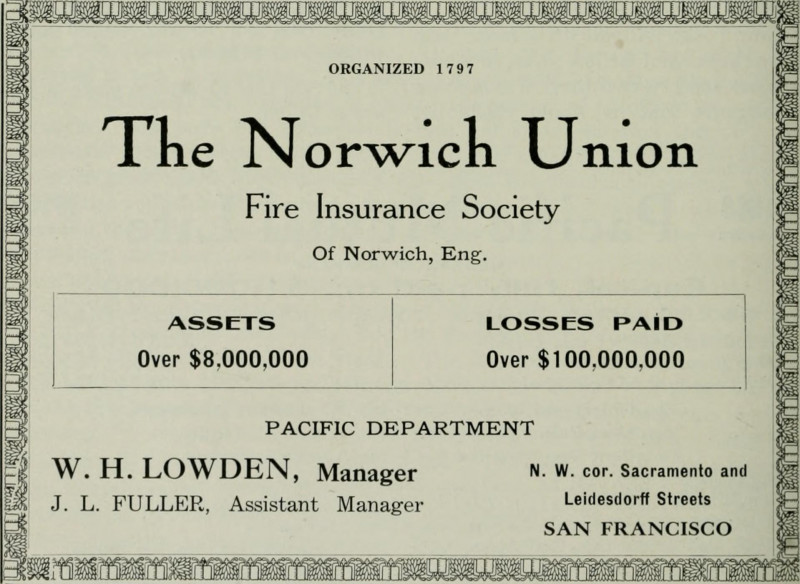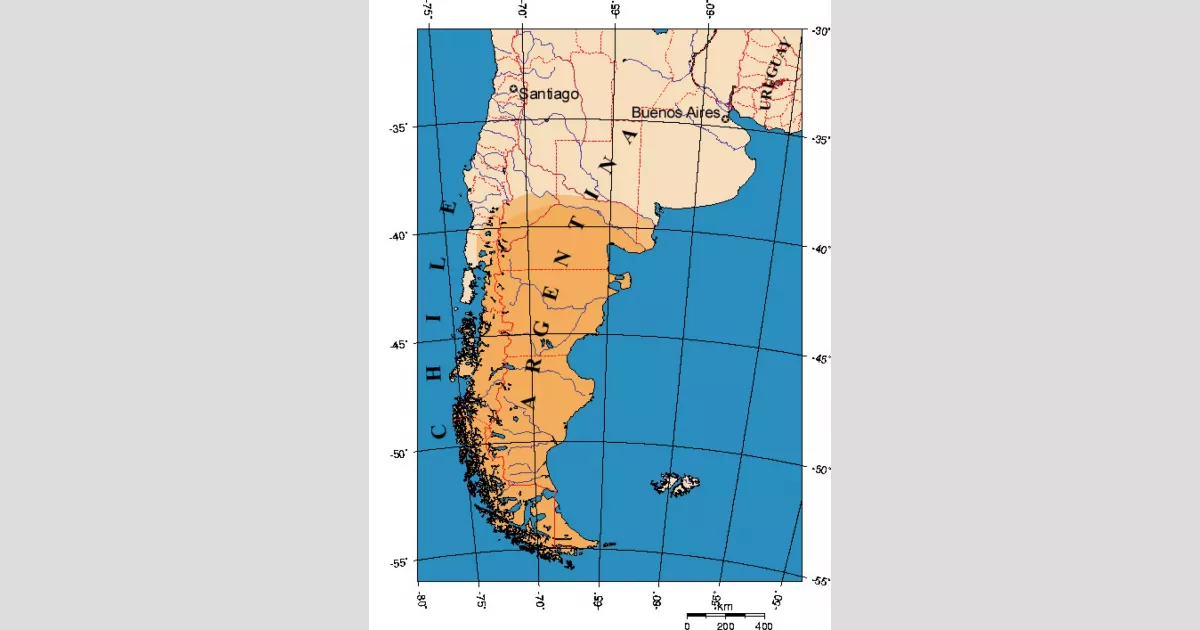Patagonia is a geographically diverse region spanning Argentina and Chile at the southern tip of South America. Characterized by the Andes Mountains in the west, it features lakes, fjords, rainforests, and glaciers. The eastern side comprises deserts, tablelands, and steppes. Its boundaries include the Pacific and Atlantic Oceans, connected by waterways like the Strait of Magellan and the Beagle Channel. The Drake Passage marks its southern limit.
1902: Argentina Expels Chilotes
In 1902, after the boundaries were drawn, Argentina expelled many Chilotes, fearing they posed a risk to Argentina's control. These workers later founded Balmaceda.
1902: Social Status of Chilotes in Patagonia
Until 1902, Chilotes (natives of Chiloé Archipelago) comprised a large proportion of Patagonia's population and worked as peons. Their social status was below that of the gauchos and the landowners/administrators.
1907: Discovery of Oil near Comodoro Rivadavia
In 1907, oil was discovered near Comodoro Rivadavia, marking a significant development in Patagonia's economic activities.
1930: Patagonia as a Future World Center in Stapledon's Novel
In Olaf Stapledon's 1930 novel Last and First Men, Patagonia becomes the center of a new world civilization in the far future.
1987: Dread Pirate Roberts Retires to Patagonia in 'The Princess Bride'
In the 1987 movie The Princess Bride, Westley states that the original Dread Pirate Roberts is retired and living like a king in Patagonia.
1994: Argentina Granted Sovereignty Over Disputed Territories
In 1994, an arbitration tribunal in Rio de Janeiro granted Argentina sovereignty over the Southern Patagonia Icefield, Cerro Fitz Roy, and Laguna del Desierto, resolving the last conflict.
2002: Revival of Sheep Farming Due to Peso Devaluation
In 2002, sheep farming in Patagonia experienced a revival due to the devaluation of the Argentine peso and increased global demand for wool.
2002: Curiñanco-Nahuelquir Family Evicted
In 2002, the Curiñanco-Nahuelquir family was evicted from their land in Patagonia following Benetton's claim to it.
2007: Land Restored to Curiñanco-Nahuelquir Family
In 2007, the land that Benetton had claimed was restored to the Curiñanco-Nahuelquir family.
2011: Hypothesis on the Origin of the Name Patagonia
In 2011, Argentine researcher Miguel Doura published a report in the New Review of Spanish Philology, suggesting that the name Patagonia may derive from Paphlagonia, an ancient Greek region in modern-day Turkey, the possible origin of the 'patagon' personage in the chivalric romance Primaleon.
2014: Study Rejects Far-Traveled Patagonia Theory
In 2014, a study by R.J. Pankhurst and coworkers refuted the idea that Patagonia originated as a far-traveled landmass, suggesting it is more likely of parautochtonous (nearby) origin.
2017: Record Low Temperatures in Balmaceda
In 2017, the city of Balmaceda in Chile experienced extremely cold temperatures, dropping down to −20 °C (−4 °F).
2021: Chile Adopts Elected Governors for Regions
From 2021, Chilean regions started having elected governors, unlike the previous system where government-appointed intendants held the position.
2023: Shipwreck of HMS Wager on the Chilean Coast
In David Grann's 2023 book 'The Wager: A Tale of Shipwreck, Mutiny and Murder', the surviving crew of HMS Wager are shipwrecked on the Chilean coast of Patagonia.
Trending

4 hours ago Stephen A. Smith criticizes Draymond Green's comments on Nico Harrison as unfair.

4 hours ago Kris Dunn Recovered From Injury, Briefly Exited Game After Elbow Contact

4 hours ago Al Horford's Role Shifts: Back to Starting Lineup, Then Bench, Mindset Revealed.

59 minutes ago Zurich Insurance to Acquire Beazley in a Landmark $11 Billion Deal

4 hours ago Warriors face play-in, Curry's injury raises concerns, Kerr lowers expectations, Moody's role?

2 hours ago Michael Jordan's NASCAR impact: Antitrust lawsuit, 23XI Racing, and historic career.
Popular

Jesse Jackson is an American civil rights activist politician and...

Hillary Diane Rodham Clinton is a prominent American politician lawyer...

Jim Carrey is a Canadian-American actor and comedian celebrated for...

XXXTentacion born Jahseh Dwayne Ricardo Onfroy was a controversial yet...

Michael Joseph Jackson the King of Pop was a highly...

Kashyap Pramod Patel is an American lawyer who became the...



